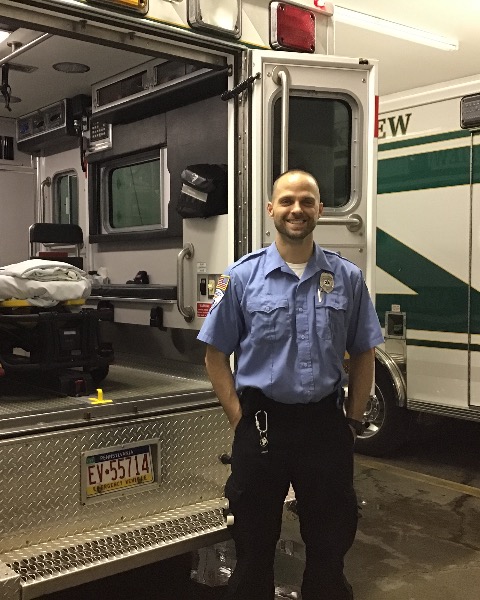Back
.png)
Main Conference
Health and Wellness
Benefits And Risks Associated With Napping On Night Shifts
Friday, October 14, 2022
9:45 AM – 10:45 AM EDT
Location: 232BC
Sponsored By
.png)

Daniel Patterson, PhD, NRP
Associate Professor
University of Pittsburgh
Pittsburgh, Pennsylvania
Speaker(s)
Description: Napping during night shifts or long duration shifts is controversial for a number of reasons, including, yet not limited to, fear of sleep-inertia post-nap and how it can impact performance. Recent research shows that complete sleep deprivation on long duration shifts and night shifts has a negative impact on key indicators of cardiovascular health. Employers of EMS clinicians are faced with a difficult choice of jeopardizing worker health and wellness in order to mitigate deficits in performance. Recent research suggest that naps of a certain duration may offer the EMS clinician benefits in terms of cardiovascular health and a reduce sleepiness and fatigue while at the same time reducing the risk of poor performance immediately post nap related to sleep inertia. The goal of this presentation is the review the recent evidence and how to use this information to tailor a napping program.
Learning Objectives:
- To gain awareness of the latest research that addresses napping during night shift work.
- To gain awareness of specific nap durations that can benefit worker health and/or jeopardize worker performance immediately post-nap.
- To learn how tailoring an on-shift napping program can benefit worker health, safety, and performance.
